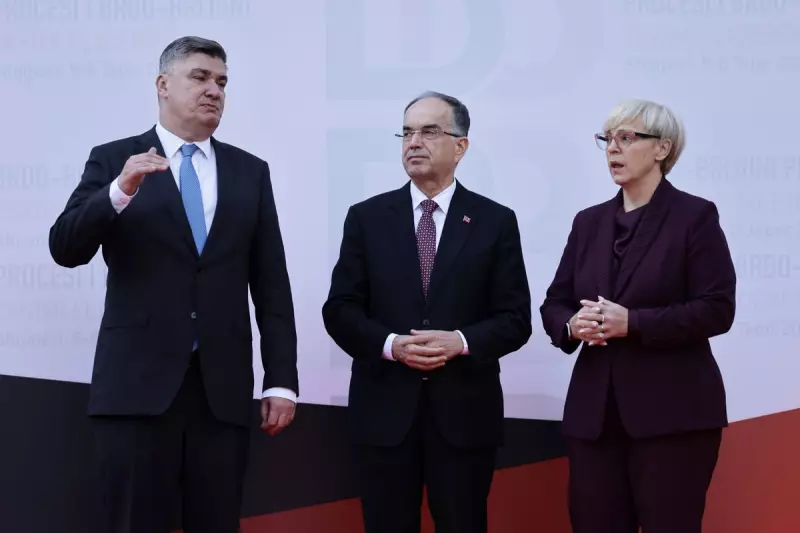
In a significant diplomatic development for Southeastern Europe, four Balkan nations have cemented a groundbreaking cooperation agreement that promises to reshape regional relations and economic prospects.
A New Chapter for Balkan Relations
The foreign ministers of Albania, Kosovo, Serbia, and Slovenia gathered in Tirana to formalise the comprehensive agreement, which represents one of the most substantial multilateral cooperation initiatives the region has witnessed in recent years.
This landmark pact focuses on enhancing economic collaboration, improving infrastructure connectivity, and strengthening political dialogue among the participating nations.
Building Bridges Across Historic Divides
The agreement is particularly noteworthy given the complex historical relationships between some of the signatory countries. The participation of both Serbia and Kosovo signals a potential thaw in relations that have been strained for decades.
Key areas of cooperation outlined in the agreement include:
- Joint infrastructure projects to improve regional transport networks
- Enhanced trade facilitation measures to boost economic exchange
- Collaborative energy security initiatives
- Cultural and educational exchange programmes
- Coordinated approaches to European integration processes
European Integration Prospects
Analysts suggest this agreement could significantly accelerate the European Union accession prospects for the participating countries. By demonstrating their capacity for regional cooperation and stability, these nations strengthen their case for deeper engagement with European institutions.
The timing of this agreement is particularly strategic, coming as the European Union reassesses its enlargement policy and considers the future of Western Balkan integration.
Regional Stability Implications
This multilateral framework represents a substantial step toward lasting peace and prosperity in a region that has experienced significant conflict and political tension throughout recent history. The commitment to regular ministerial meetings and joint policy initiatives establishes a foundation for continued dialogue and cooperation.
International observers have welcomed the development as evidence of maturing diplomatic relations in Southeastern Europe and a positive signal for the region's future stability and economic development.






